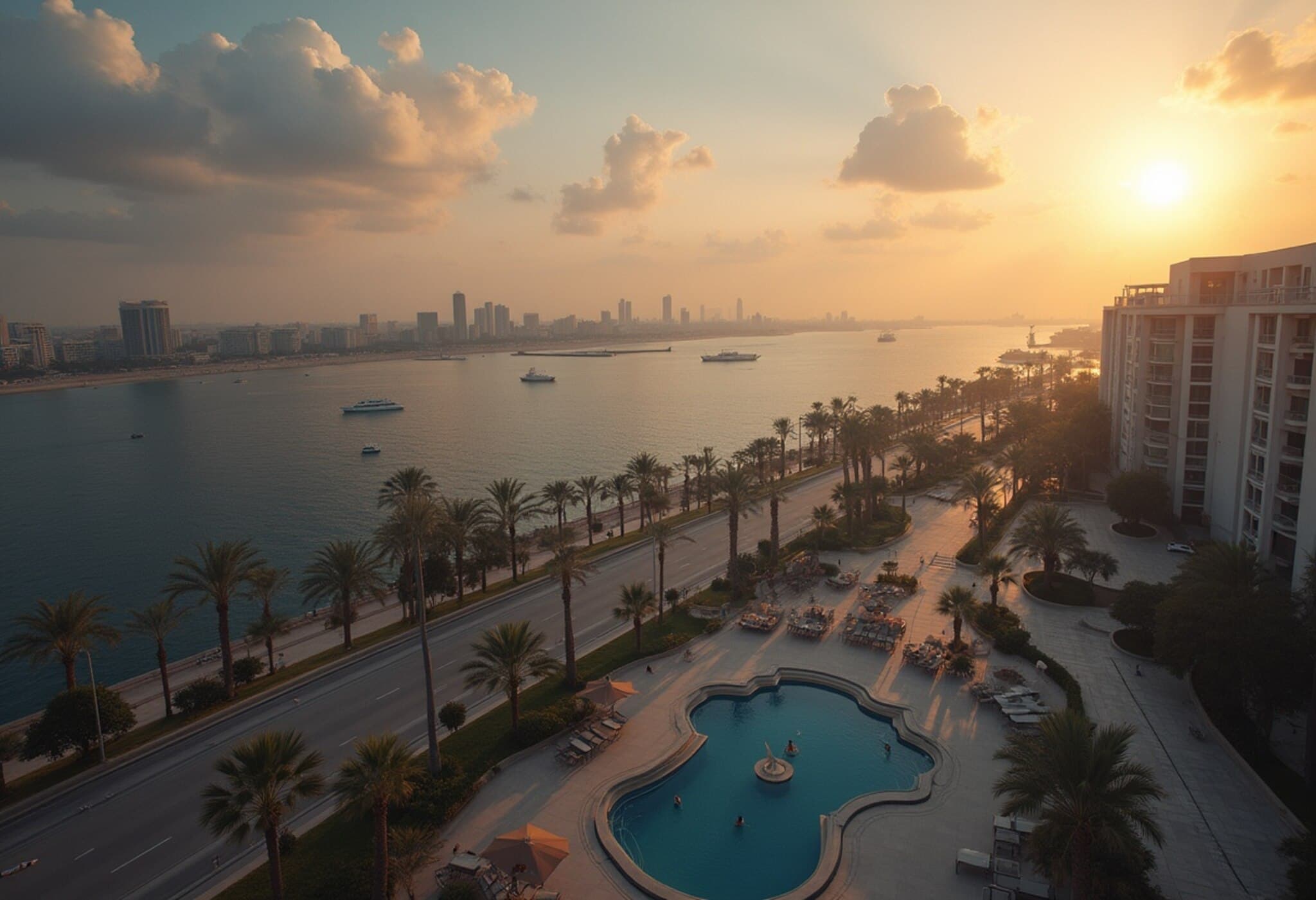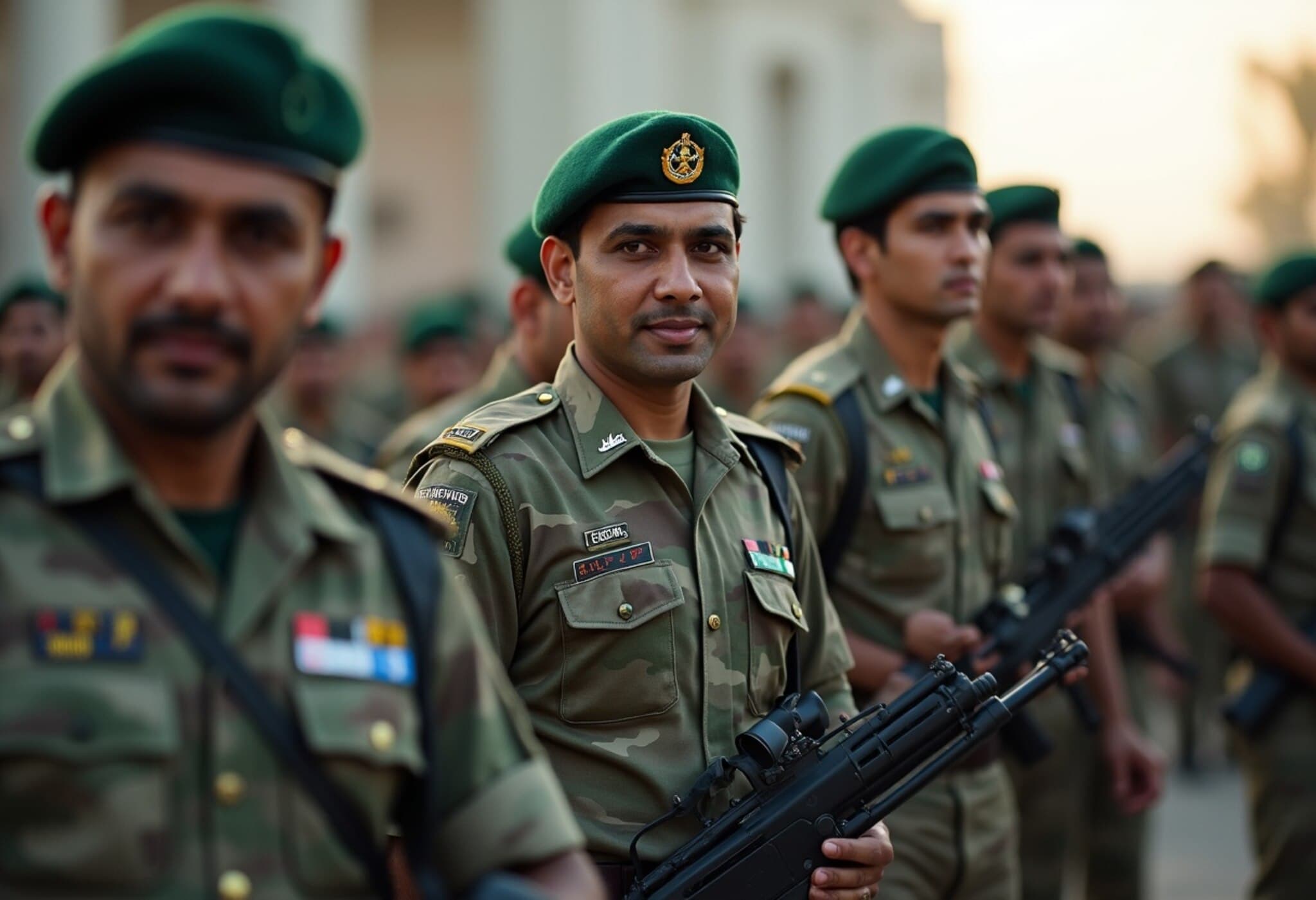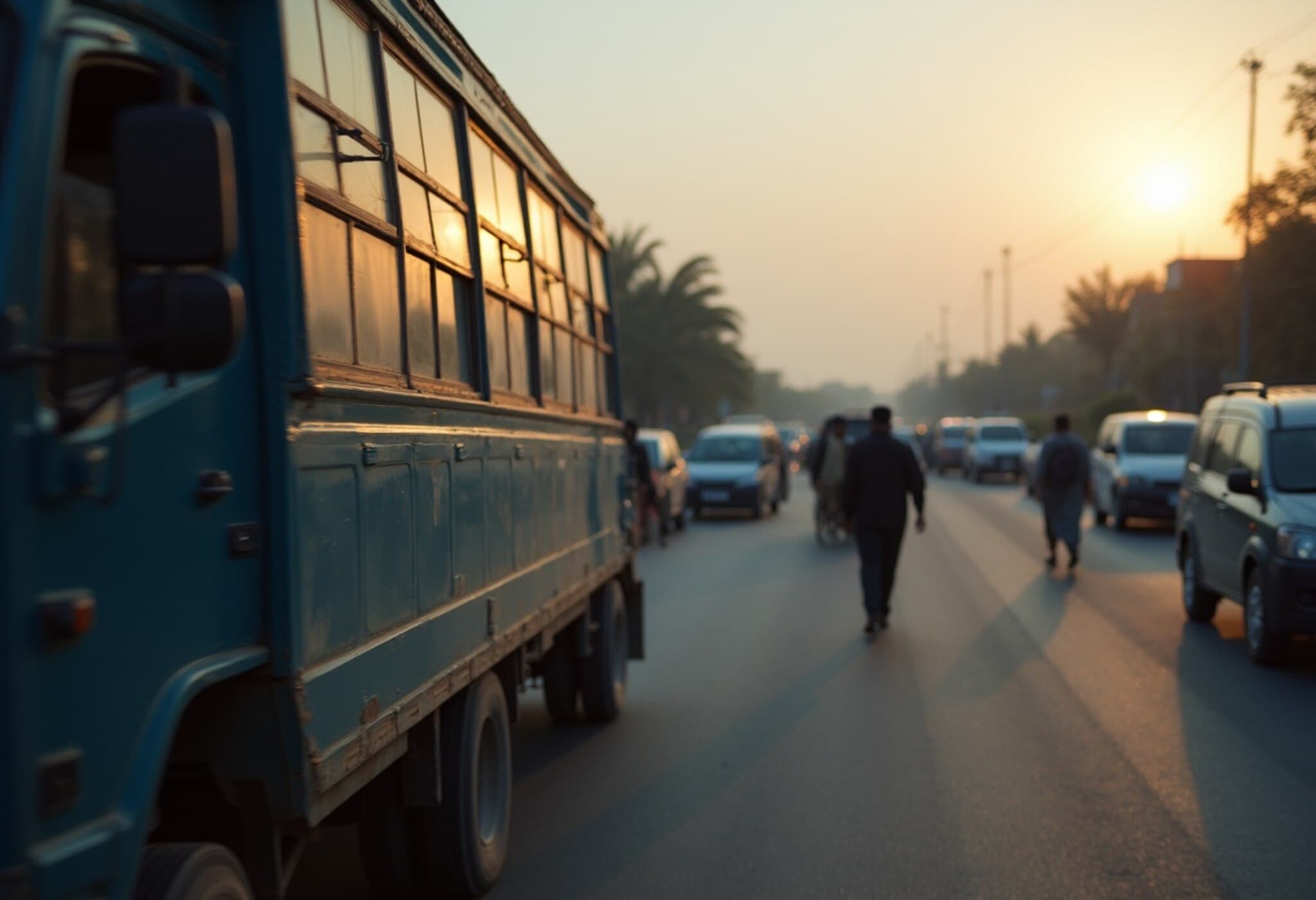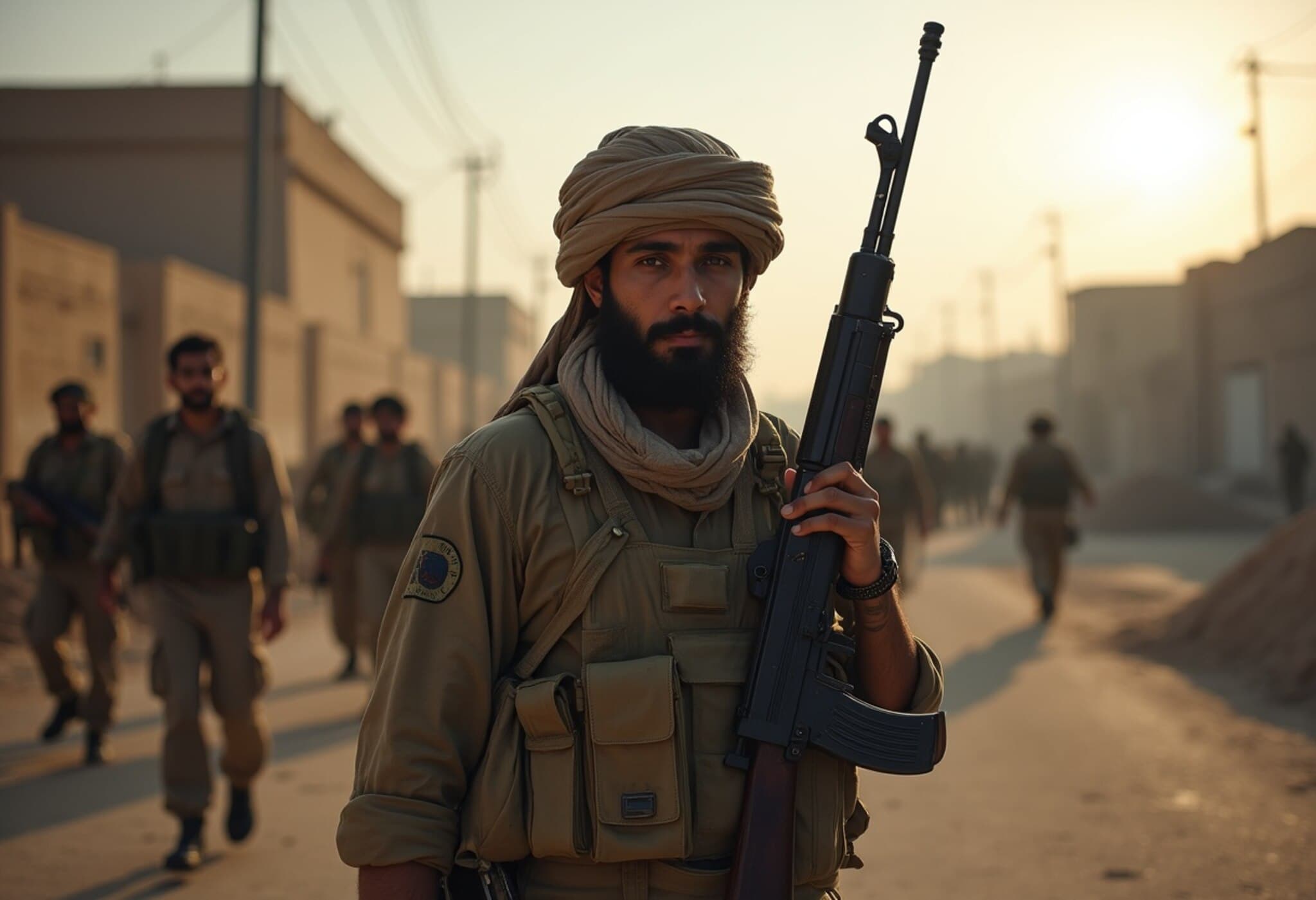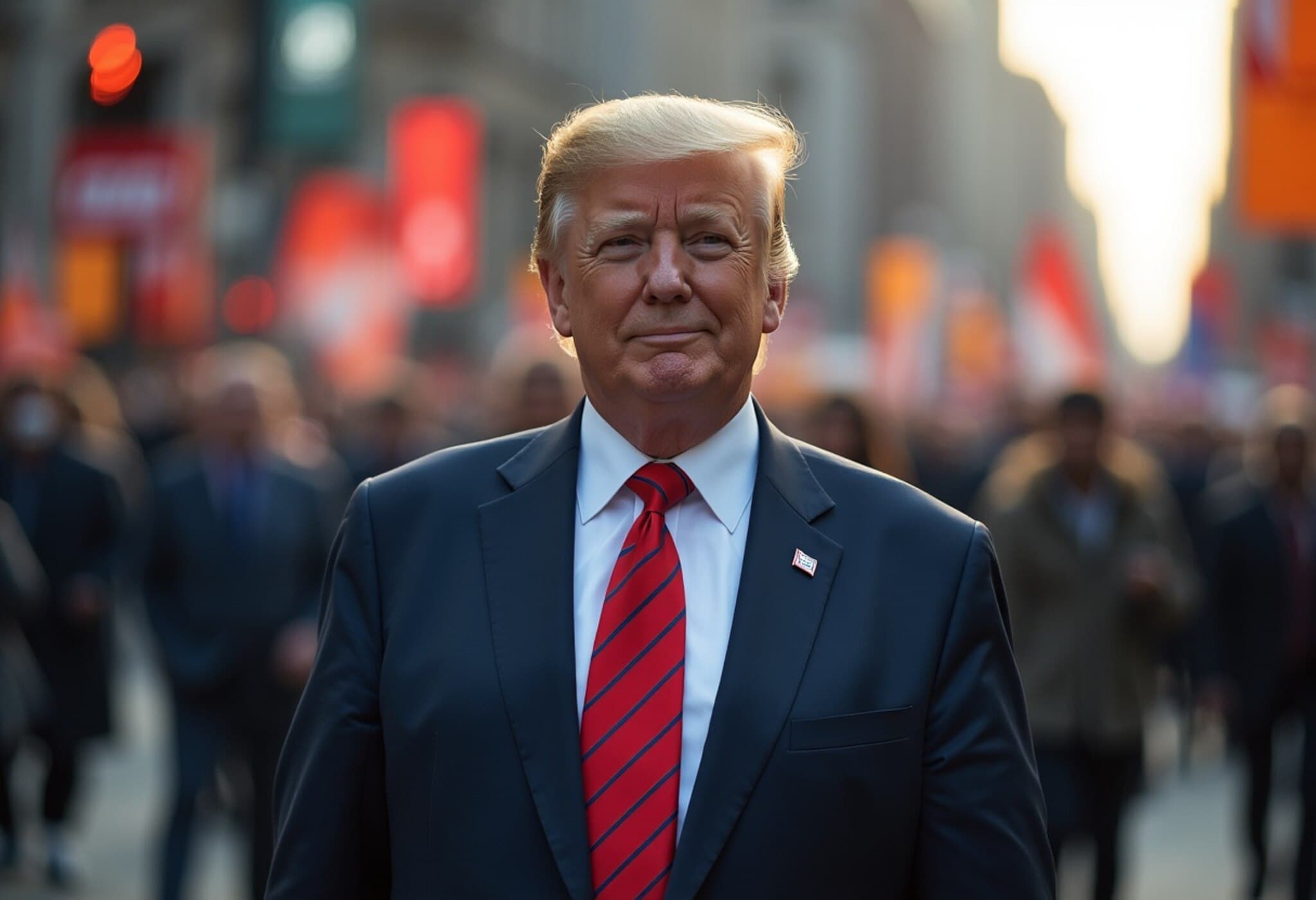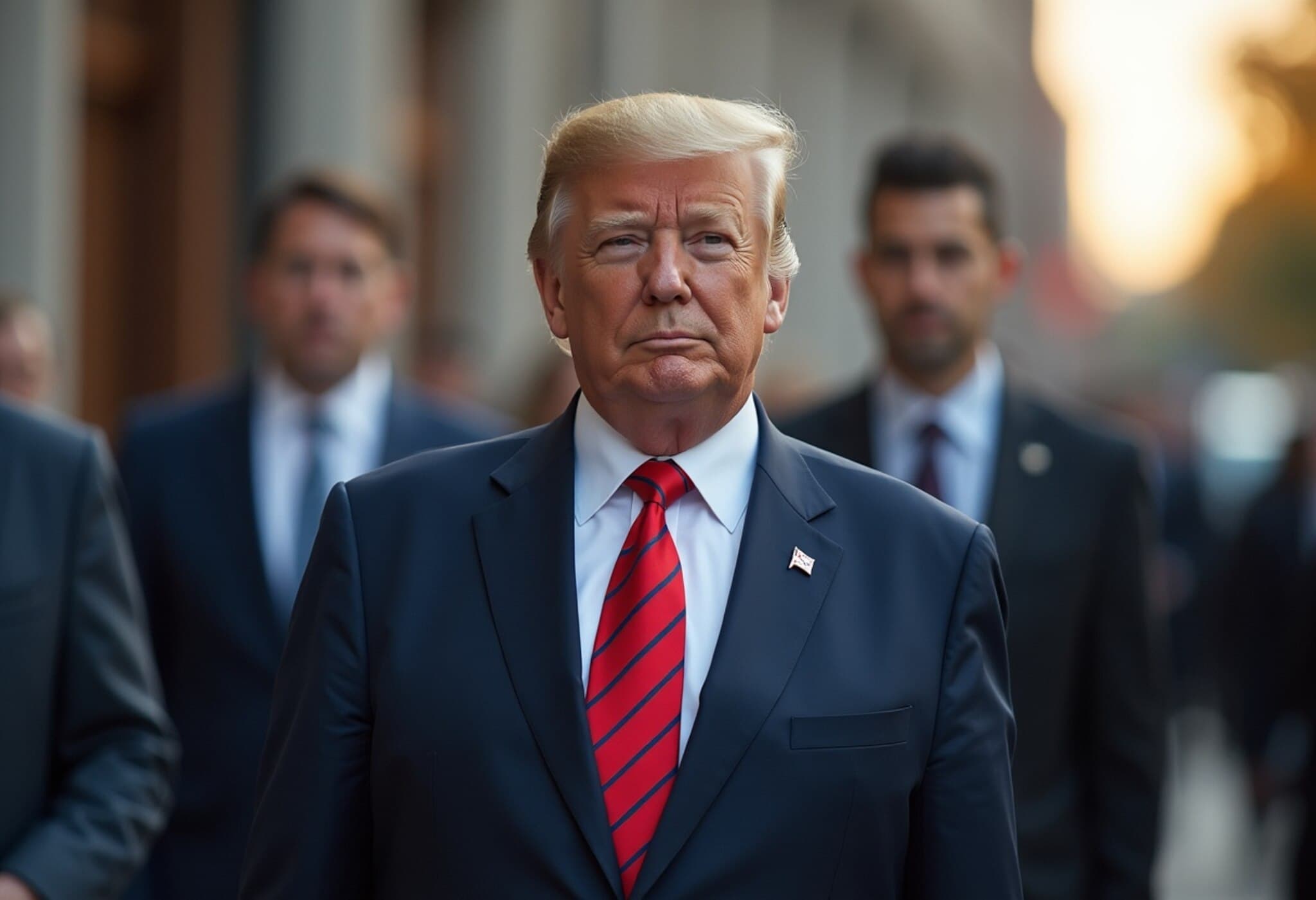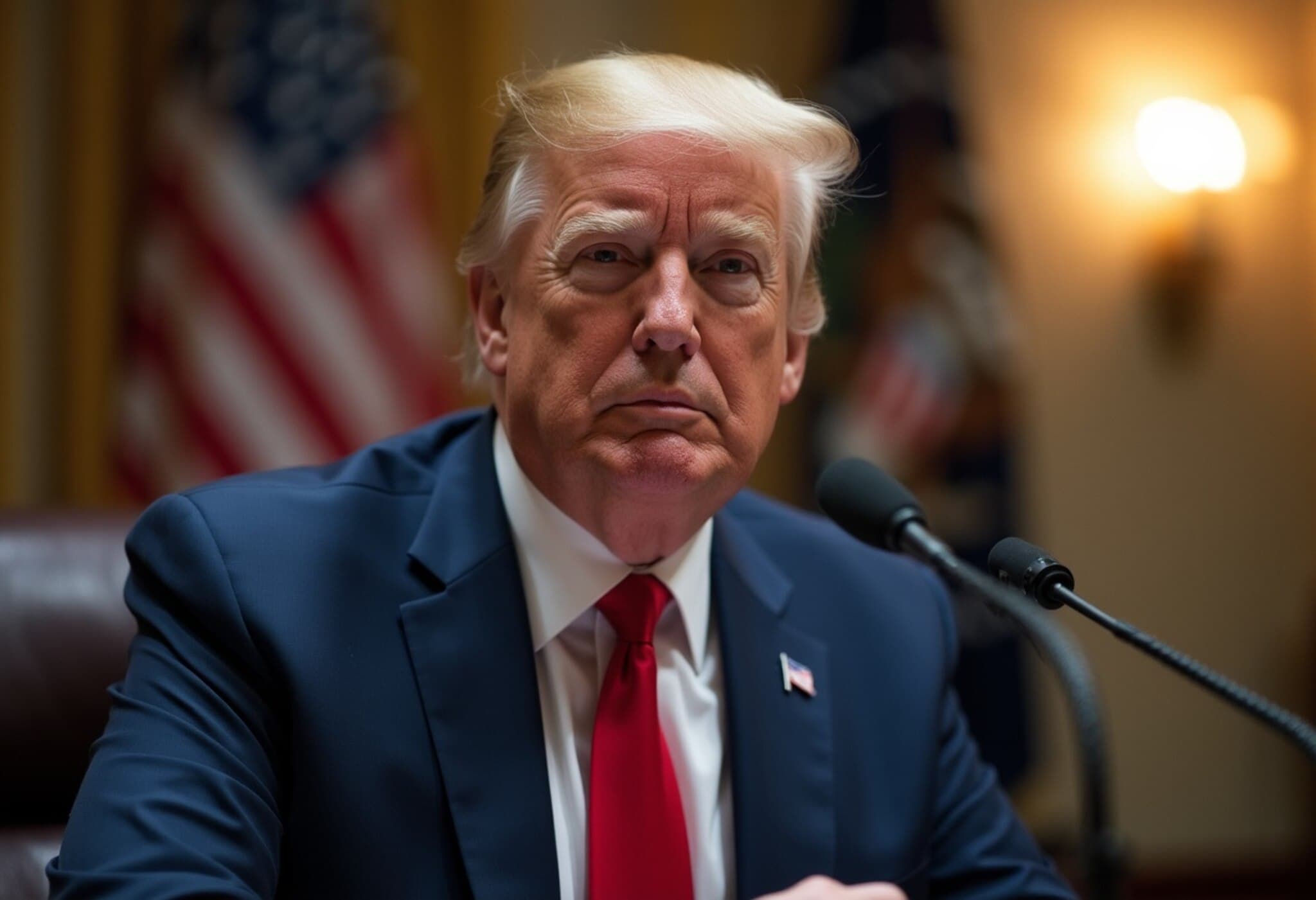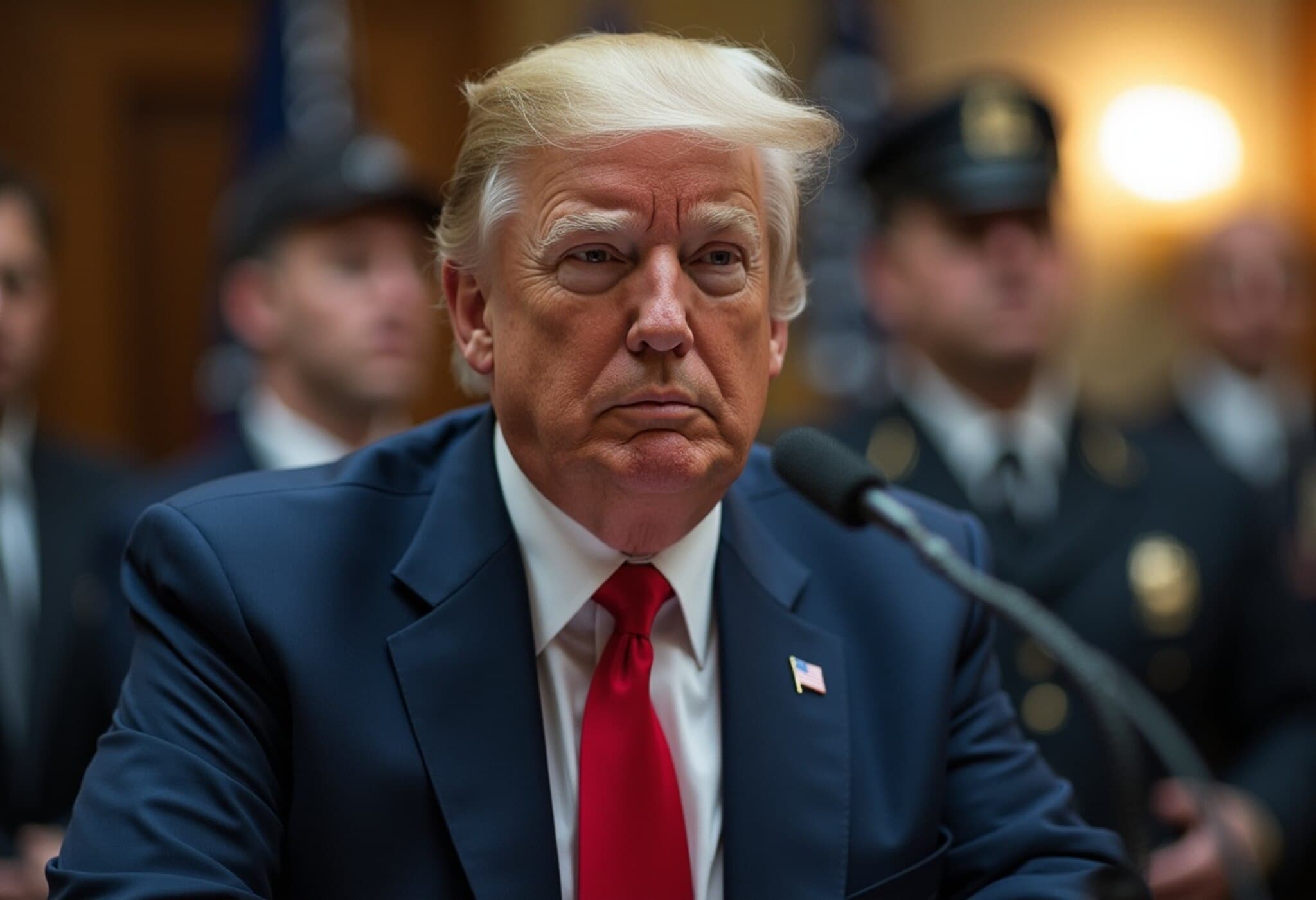US Imposes Temporary Restrictions on Official Visits to Karachi’s Luxury Hotels
On August 1, 2025, the US State Department announced a precautionary move restricting visits by American government personnel to select high-end hotels in Karachi, Pakistan. This decision follows intelligence regarding a credible threat targeting these establishments, prompting concerns over the safety of diplomatic and official staff.
Details Behind the Security Alert
The US Consulate General in Karachi received specific intelligence pointing to potential risks directed at upscale hotels frequented by foreign diplomats and officials. In response, official US government visits to these hotels have been temporarily suspended. This measure aligns with the US Department of State’s broader practice of adjusting overseas protocols dynamically in light of emerging threats.
Broader Context: Protective Measures Amid Rising Risks
Security warnings for US officials abroad, especially in regions with volatile political or security landscapes like Pakistan, are not uncommon. The recent alert reinforces the US government’s cautious stance towards Pakistan, given ongoing concerns about terrorism and political instability. The State Department’s advisory also emphasizes:
- Avoidance of crowded public spaces, including popular markets and malls
- Maintaining a low profile in tourist-heavy zones
- Vigilance at locations frequently visited by Western travelers
The overarching travel advisory for Pakistan urges US citizens to reconsider their travel plans due to potential threats ranging from terrorism to armed conflicts, underscoring the unpredictable security environment in the country’s urban centers.
Implications for US-Pakistan Relations and Regional Security
This development comes at a sensitive time in South Asia, where geopolitical tensions and internal security challenges remain high on the agenda. Experts note that while such security measures are necessary for protecting personnel, they also signal the fragility of current conditions.
From an American policy perspective, restricting access to key economic hubs like Karachi’s luxury hotels limits engagement opportunities but prioritizes personnel safety. Pakistani authorities have been called upon to intensify counterterrorism efforts and reassure foreign missions of their commitment to security.
What This Means for Travelers and Businesses
For international travelers, especially those from the West, this alert serves as a reminder of the heightened risks present in Karachi—a major commercial and financial center. The hospitality sector may face disruptions as official and diplomatic patronage wanes, and travel businesses must reevaluate safety protocols.
Furthermore, this situation spotlights the challenges facing Pakistan’s tourism industry and foreign relations amid ongoing security concerns.
Editor’s Note
The US State Department’s precautionary restriction on visits to upscale Karachi hotels shines a spotlight on the complex security landscape in Pakistan’s largest metropolis. While protective measures are critical to safeguarding diplomatic personnel, they also raise important questions about host-country stability, counterterrorism efficacy, and the broader impact on international cooperation.
Key questions remain: How will Pakistan improve security to reassure foreign missions? What long-term effects will such advisories have on the city’s economy and international image? And how can travelers stay informed and protected amidst evolving threats?
As this story develops, continued analysis of regional security dynamics and policy responses will be crucial for understanding the interplay between diplomacy, safety, and economic considerations in Pakistan.

